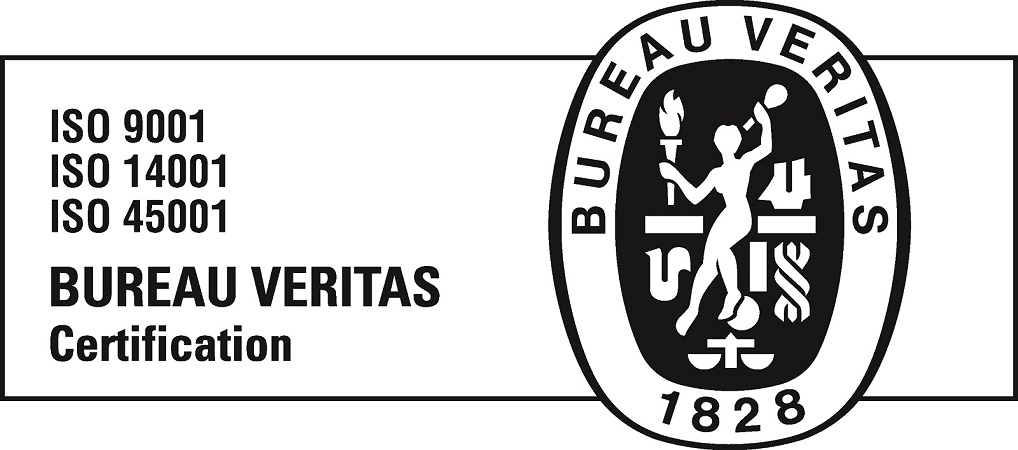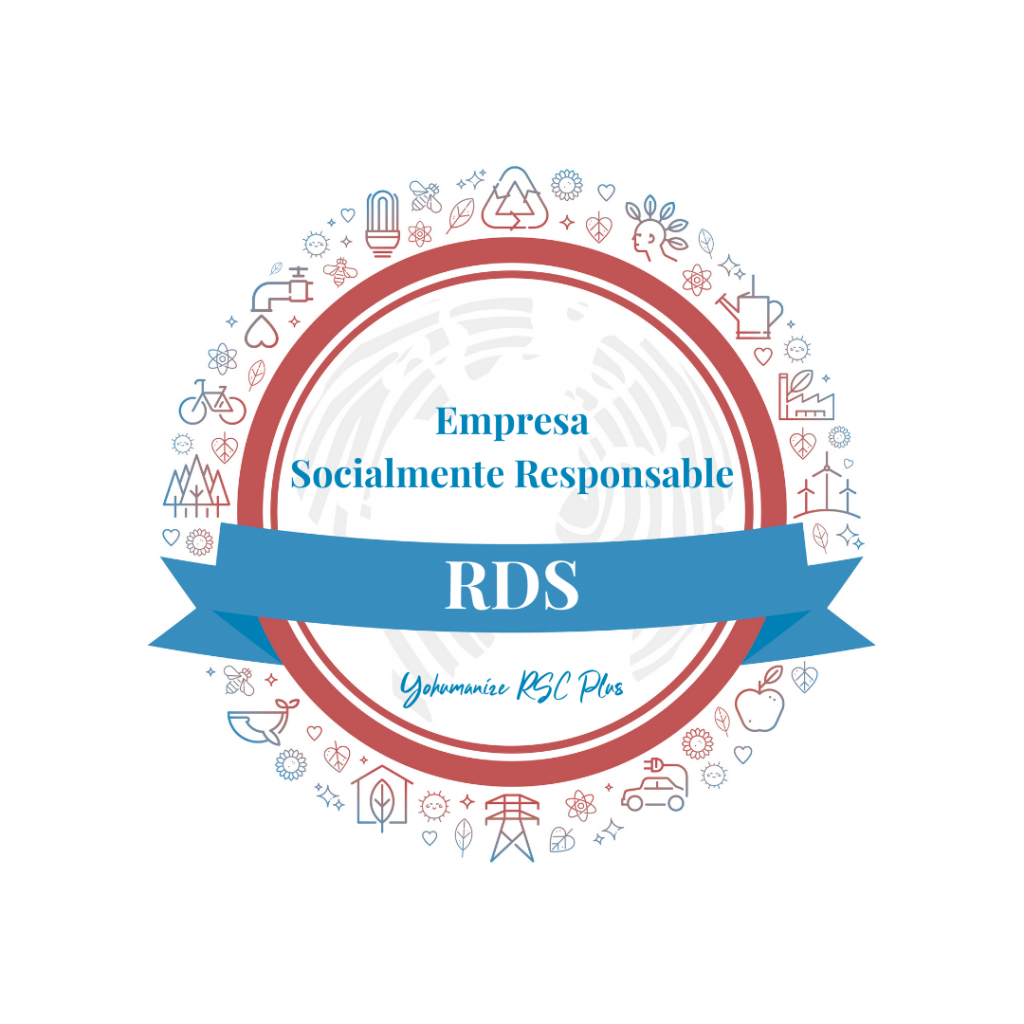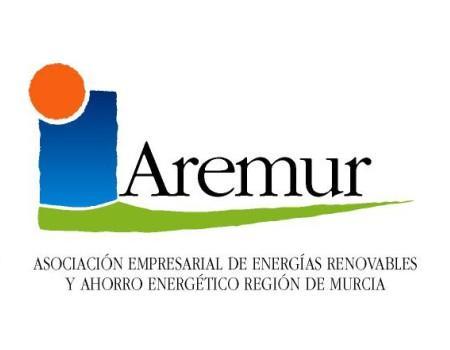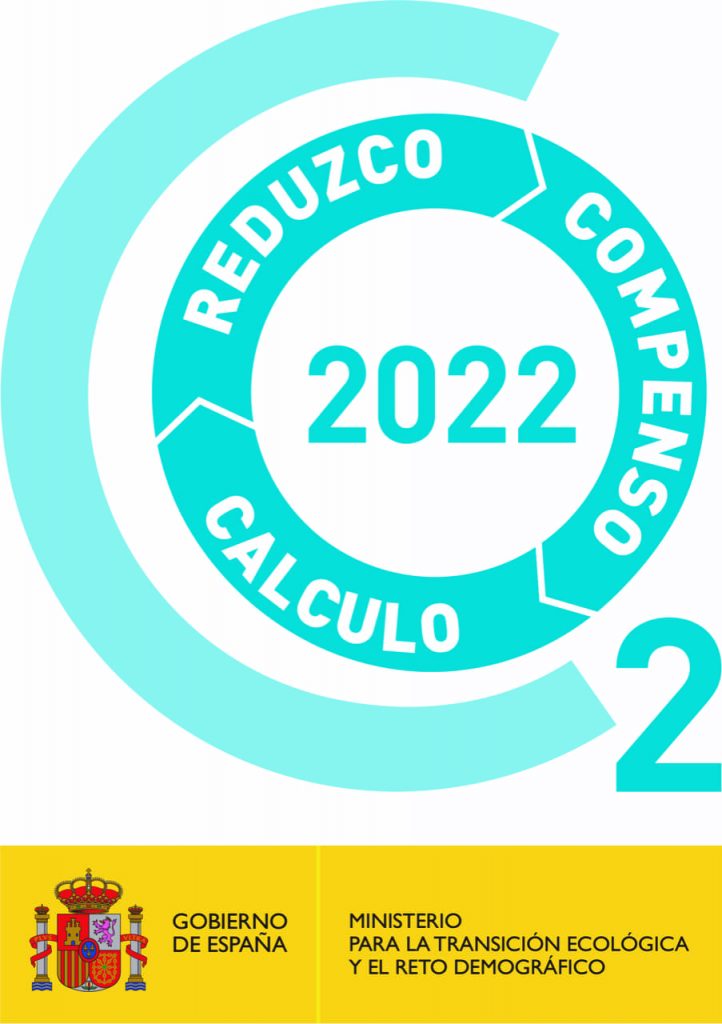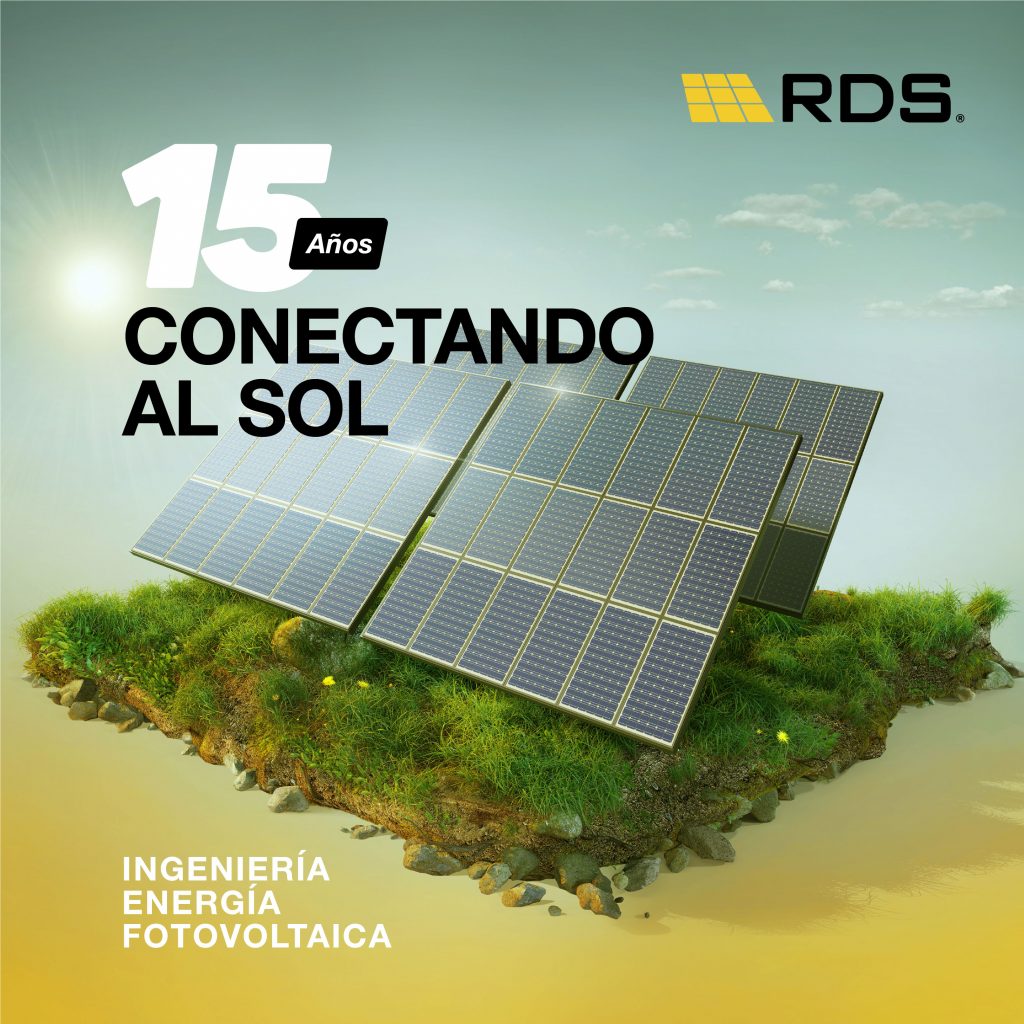If you are looking for a way to reduce your energy bill and contribute to the environment, installing solar farms may be the ideal solution. In this complete guide, we explain everything you need to know about installing solar farms, from their definition to their installation process and the economic and environmental benefits it offers.
What is a solar farm installation?
Definition of solar farms
A solar farm is a photovoltaic installation designed to generate electricity from solar radiation. It is made up of solar panels, inverters, transformers, and other components that are used to convert solar energy into electrical energy that can be used in homes, businesses, and other places.
Benefits of installing solar farms
Installing solar farms offers numerous benefits, including:
- Reduced energy bill: By generating your own energy, you can significantly reduce your electricity bill, which can save you thousands of euros over time.
- Clean, Renewable Energy: Solar power is a clean, renewable energy source that produces no greenhouse gas emissions or other pollutants, helping to reduce your carbon footprint and protect the environment.
- Increased property value: Installing solar farms can increase the value of your property by making it more attractive to potential buyers.
- Tax and Financial Incentives: In many countries, tax and financial incentives are available to homeowners who install solar farms.
How does a solar farm installation work?
Installation process of solar farms
The solar farm installation process can vary depending on the location and size of the solar farm, but generally involves the following steps:
- Site Evaluation: The site is evaluated to determine the feasibility of installing a solar farm and a shadow analysis is carried out to determine the best location for the solar panels.
- System design: The solar farm system is designed, including the size and location of solar panels, inverters, transformers, and other components.
- Permit and Approval: Necessary permits and approvals are obtained from local authorities and utility companies.
- Solar Panel Installation: Solar panels are installed at the location determined during the site assessment.
- Installation of other components: Inverters, transformers, and other components necessary to convert solar energy into usable electrical energy are installed.
- Connection to the electrical network: The solar farm system is connected to the electrical network so that the energy generated can be used in homes, companies and other places.
Components of a solar farm installation
The components of a solar farm installation include:
- Solar Panels: Solar panels are the main component of the solar farm installation and are used to capture solar energy and convert it into electrical energy.
- Inverters: Inverters convert direct current (DC) generated by solar panels into alternating current (AC) that can be used in homes, businesses, and other places.
- Transformers: Transformers are used to increase or decrease the voltage of electrical power generated by solar panels.
- Junction Boxes: Junction boxes are used to connect solar panels, inverters, and transformers.
- Meters: Meters are used to measure the amount of energy generated and used by the installation of solar farms.
Why install solar farms?
Economic benefits of installing solar farms
Installing solar farms offers numerous economic benefits, including:
- Saving money on energy bills: Solar power generation can significantly reduce your energy bill, which can save thousands of dollars over time.
- Tax and Financial Incentives: In many countries, tax and financial incentives are available to homeowners who install solar farms. These incentives may include tax credits, grants, and lower interest rate loans.
- Increased property value: Installing solar farms can increase property value by making it more attractive to potential buyers.
- Protection against rising energy prices: Solar energy is a fossil fuel-free energy source, which means it is not subject to the high prices and market fluctuations of fossil fuels.
Environmental benefits of installing solar farms
Installing solar farms also offers numerous environmental benefits, including:
Reduction of greenhouse gas emissions
Solar power produces no greenhouse gas emissions or other pollutants, helping to reduce your carbon footprint and protect the environment.
Use of a renewable energy source
Solar energy is a renewable and sustainable energy source that will never run out.
Reduction of the consumption of fossil fuels
Solar power generation reduces reliance on fossil fuels, which reduces air and water pollution and helps protect human health.
Conservation of natural resources
Solar power generation does not require the use of limited natural resources, such as oil and natural gas.
Installation process of solar farms
Prerequisites for the installation of solar farms
Before installing a solar farm, it is important to take into account the following prerequisites:
- Site Evaluation: The site must be evaluated to determine the feasibility of installing a solar farm and to determine the best location for solar panels.
- Permits and Approvals: The necessary permits and approvals must be obtained from local authorities and utility companies.
- Financing: The necessary financing must be secured for the installation of the solar farm.
- System Design: The solar farm system must be designed, including the size and location of solar panels, inverters, transformers, and other components.
Planning the installation of solar farms
Once the prerequisites have been met, planning for the installation of solar farms can begin. This includes evaluating the site, designing the system, and obtaining the necessary permits.
Installation of solar farm components
Once the prerequisites have been met and the solar farm installation has been planned, the installation of the components can begin. This includes the installation of solar panels, inverters, transformers, and other components necessary to convert solar energy into usable electrical energy.
How much does the installation of solar farms cost?
Factors that affect the cost of installing solar farms
The cost of installing solar farms can vary depending on several factors, including:
- Solar farm size: The size of the solar farm will affect the cost of the installation.
- Location: The location of the solar farm can affect the cost of the installation due to differences in the cost of labor and materials.
- Solar Panel Type: The type of solar panel used can also affect the cost of the installation.
- Permit and Approval Costs: Permit and approval costs may vary depending on the location of the solar farm and local regulations.
Comparison of installation costs of solar farms
Although solar farm installation costs can vary, homeowners can expect to pay anywhere from €500 to €2,500 per hectare for a solar farm. However, the initial investment can be offset by energy bill savings in the long run.
conclusions
In conclusion, the installation of solar farms is an excellent option for those who want to reduce their energy bill and contribute to the environment. By installing a solar farm, homeowners can enjoy significant economic and environmental benefits, as well as increase the value of their property.
If you are interested in installing a solar farm, make sure you meet all the prerequisites, carefully plan the installation, and compare the costs of different providers before making your final decision. By installing solar farms, you can do your part to protect the environment and save money at the same time.
At RDS we are a company specialized in the development and installation of solar farms. Our team of solar energy experts works hard to ensure that each of our solar farm projects meets the highest standards of quality and energy efficiency.
We offer customized solutions for each client, from site evaluation to complete solar farm installation. Additionally, we make sure to obtain all necessary permits and approvals before beginning any project.
At RDS, we are proud to offer our clients a wide range of services, including the design, installation and maintenance of solar farms. Our goal is to help our customers reduce their energy bill and contribute positively to the environment.
If you are interested in installing a solar farm, do not hesitate to contact us. At RDS, we will help you find the perfect solution for your energy needs and make your business or energy project more efficient and sustainable.
